In this episode of The Abstract, Tina Hwang, Head of Legal at ClassDojo and former AGC at Google, shares how she carved out a unique legal career by following her curiosity, taking initiative, and building with intention. From scaling legal teams at Google and WhatsApp to starting the legal function from scratch at ClassDojo, Tina offers practical insights for lawyers at every stage. Learn how to grow your role, lead without being asked, and build legal functions that earn trust across the business.
Key Insights:
1. Trust Your Intuition — Then Test It
Tina didn’t follow a linear plan. After law firm life left her unfulfilled, she paused to find what kind of challenges excited her. “I just tried a bunch of things,” she recalls. That curiosity led her to Google, and later to roles that aligned more with her instinct to build and create.
2. Building is a Mindset, Not a Stage
After nearly a decade at Google, Tina realized her energy peaked during moments of construction — not maintenance. “Building the legal team, building the strategy — that’s where you feel most impactful,” she says. The lesson: building roles exist at every scale, from startups to Fortune 500s.
3. Leading Requires Letting Go
At WhatsApp, she managed a 30-person team — and learned the hardest lesson for high performers: stop solving every problem yourself. “Your job as a leader is to make yourself redundant,” she says. Success means developing a team that can deliver excellent advice even when you’re not in the room.
4. Map Your Leadership Across Four Quadrants
Tina uses a personal framework to stay balanced:
- Strategist for the executive team
- Program & Operations Manager
- Mentor & Coach
- Escalation Point
She reviews these “quadrants” quarterly to ensure she’s not over-indexing on any one role.
5. People, Process, Tech — Start With the Business Problem
When building legal from scratch, Hwang prioritizes based on the company’s biggest risk area. “If it’s contracting, fix operations and process first. If it’s regulatory, fix people and expertise first.” Still, her ideal first hire? “A legal ops lead — they’re the foundation for scale”.
6. Metrics Should Tell a Story, Not Just Count Work
She encourages legal teams to blend qualitative and quantitative data: volume of launches supported, privacy reviews completed, and how well legal enabled business outcomes. “We’re here to empower, not just advise,” she says.
7. Hire for Adaptability, Not Just Expertise
Tina stress-tests candidates not just on legal acumen but on emotional adaptability. “Do they stay calm when I throw a curveball? Can they handle being the only lawyer for a week?” In small teams, versatility beats specialization.
8. Closing Insight
Hwang’s career mantra for GCs: “Make yourself redundant.” The mark of a great general counsel isn’t how much they know — it’s how well their team performs when they’re not around.
In this podcast, we cover
00:00 Introduction
01:42 Finding fit in the legal profession: From courts to Google
05:24 Discovering the business side of legal at Google
07:43 From Google to WhatsApp: Chasing the excitement of building
11:25 Scaling the legal team at WhatsApp: Lessons in hiring and growth
14:31 Leadership evolution: From problem solver to team developer
18:57 Mindful management: A four-part framework for legal leaders
23:01 Evaluating new opportunities: People, trust, and executive dynamics
26:19 Building the legal function from scratch at ClassDojo
28:36 People, process, tech: Where to start when scaling legal
33:35 Metrics that matter: Proving legal’s impact to the business
36:44 Broadening scope: Moving from regulatory to commercial
42:21 Hiring for adaptability and stage-fit in legal teams
47:14 Reflecting on what it means to be a builder
49:56 Rapid-fire Questions

.svg)








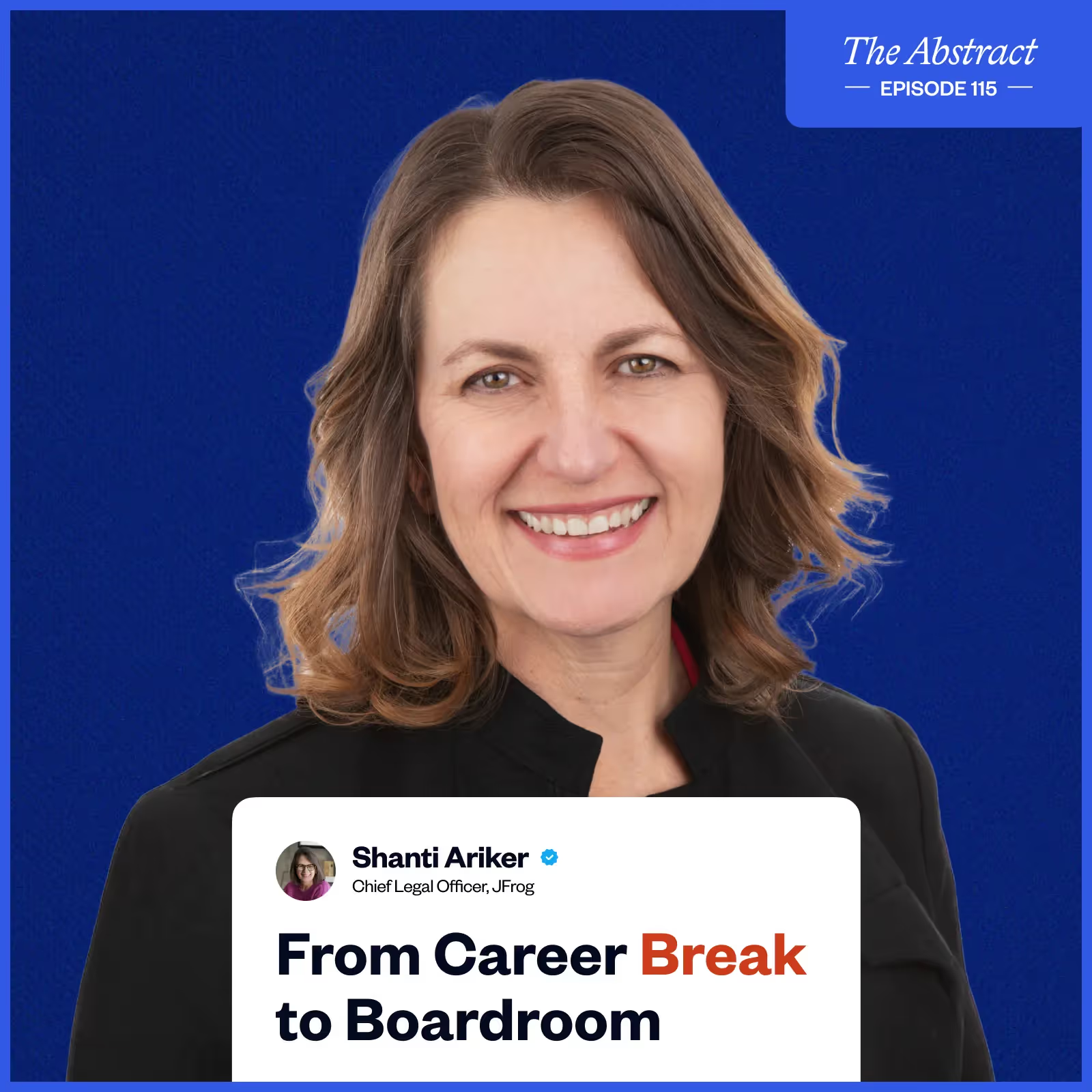
.svg)
.svg)


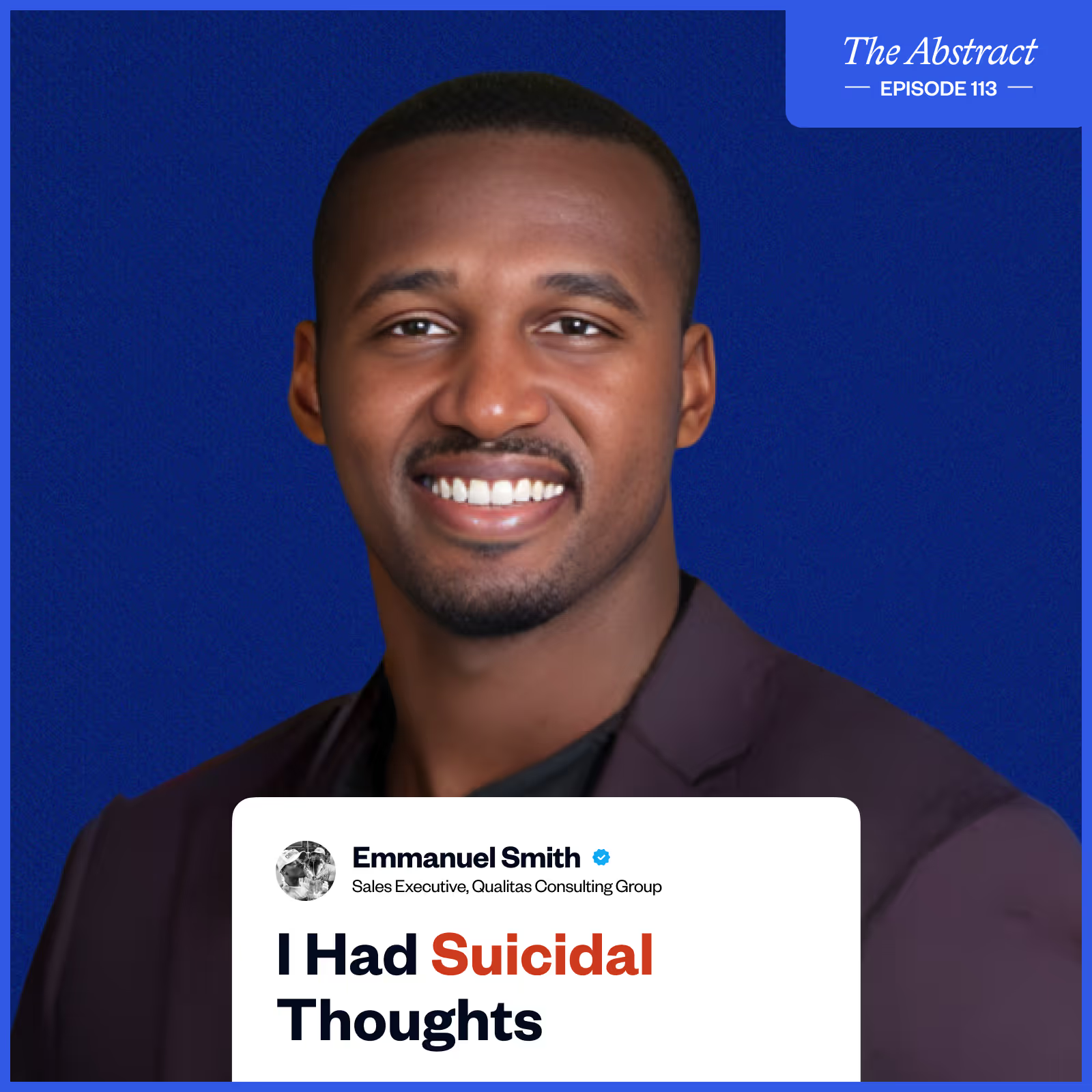

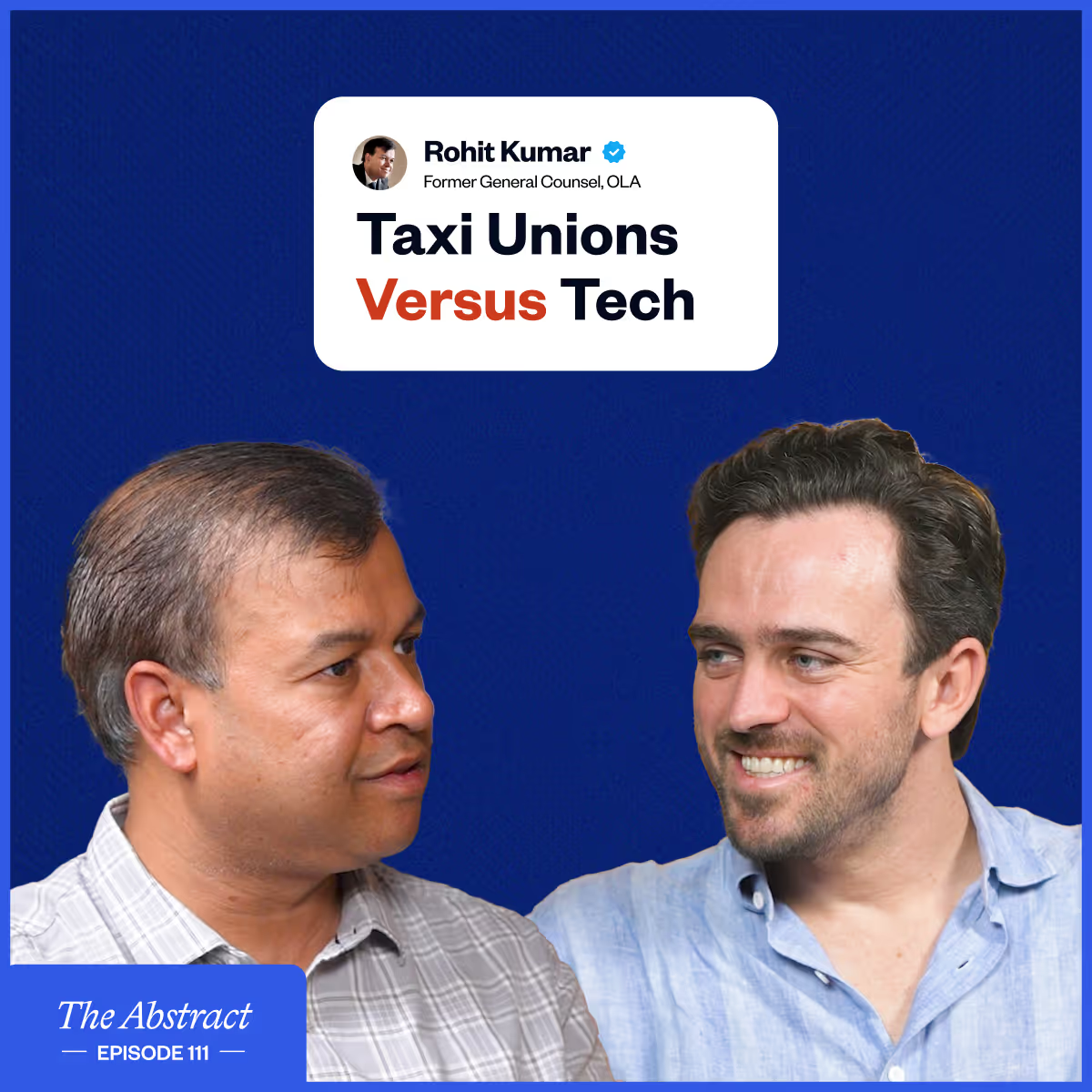
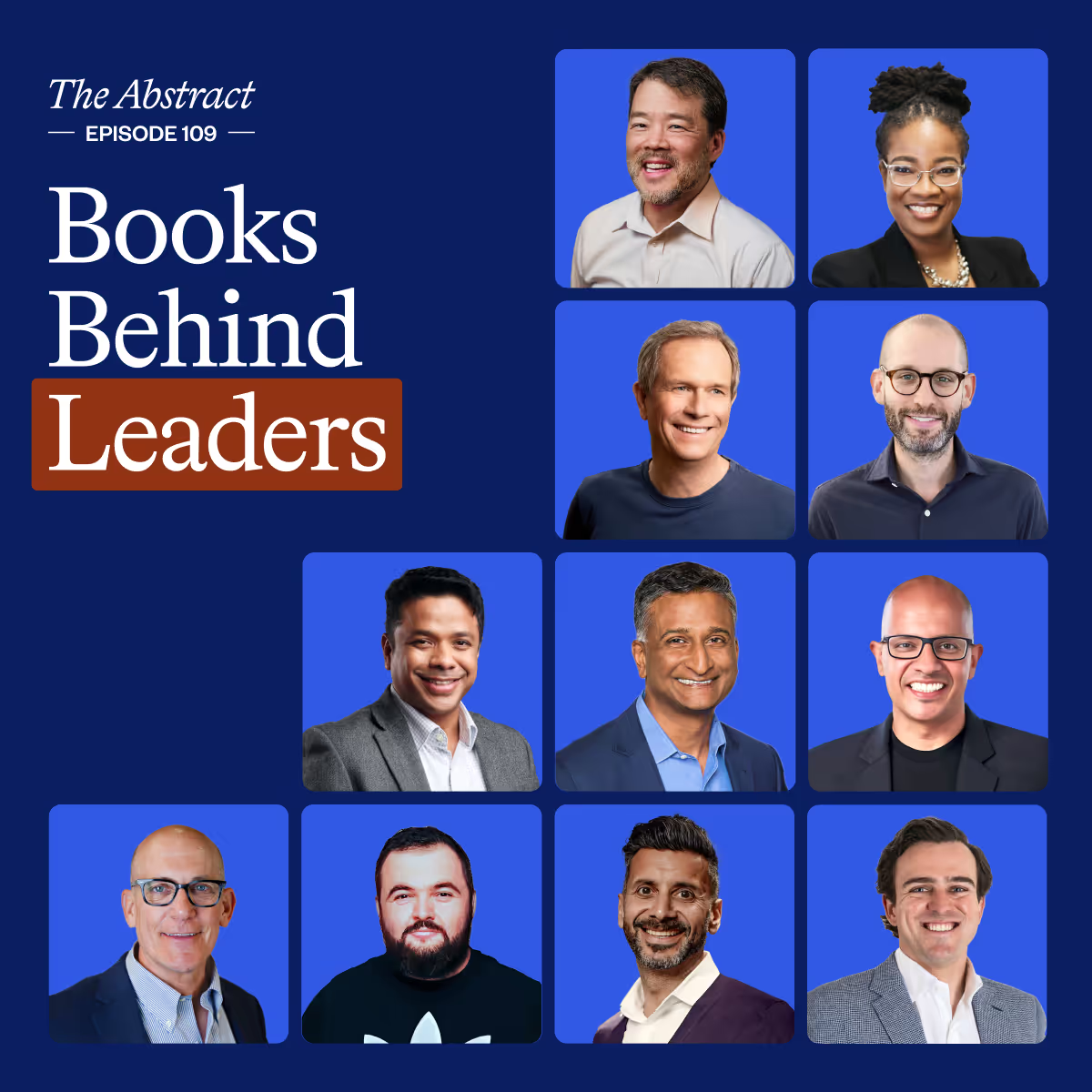

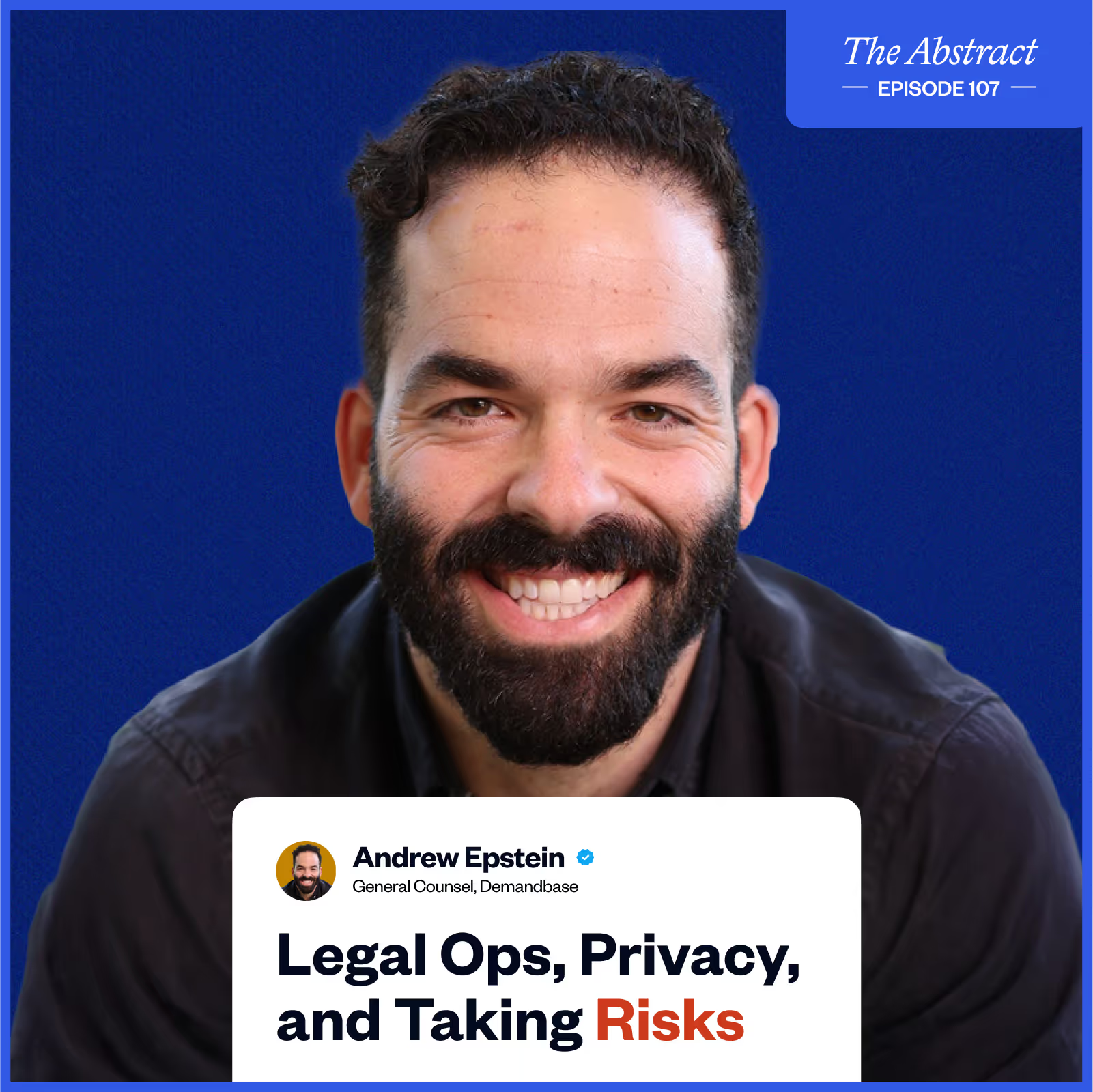


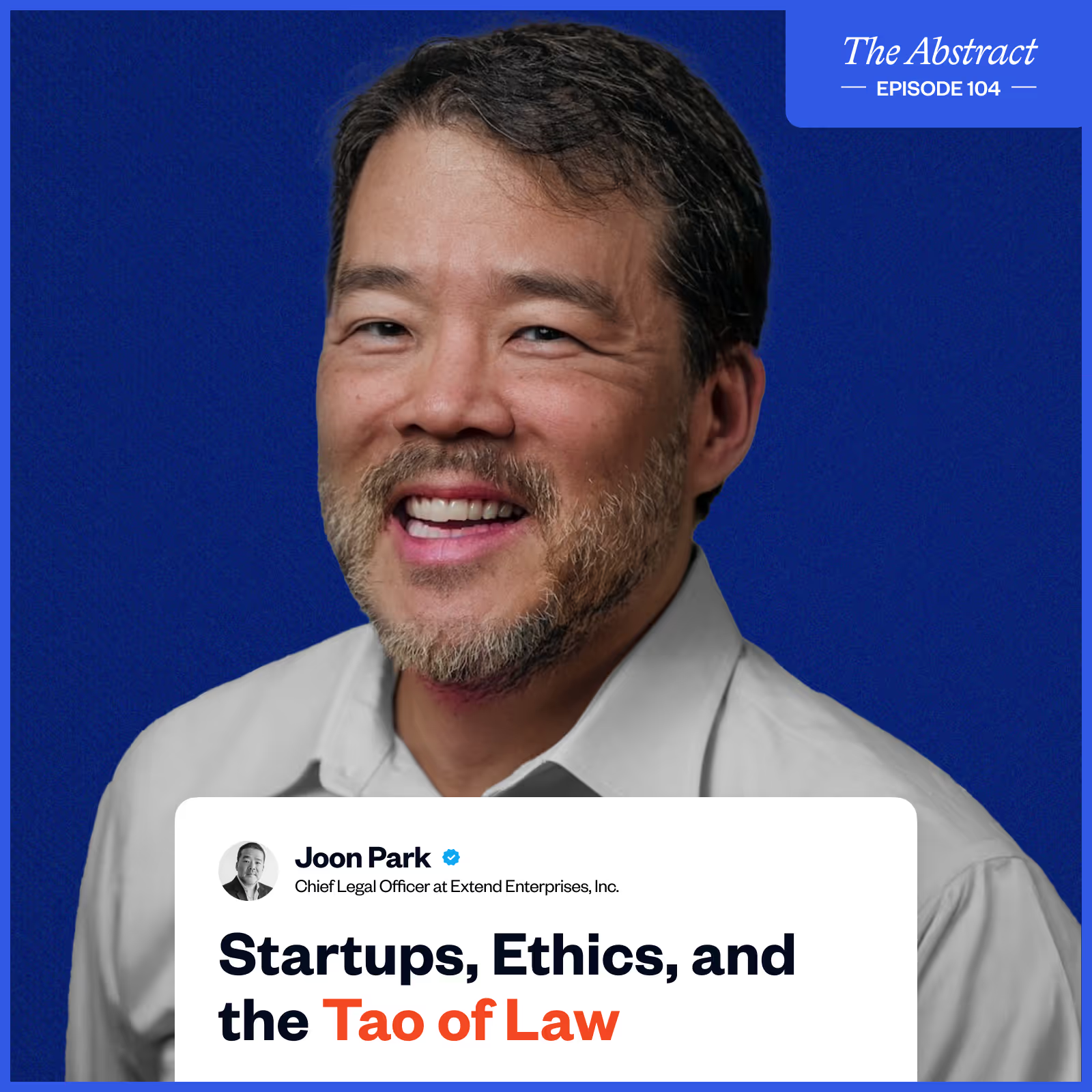

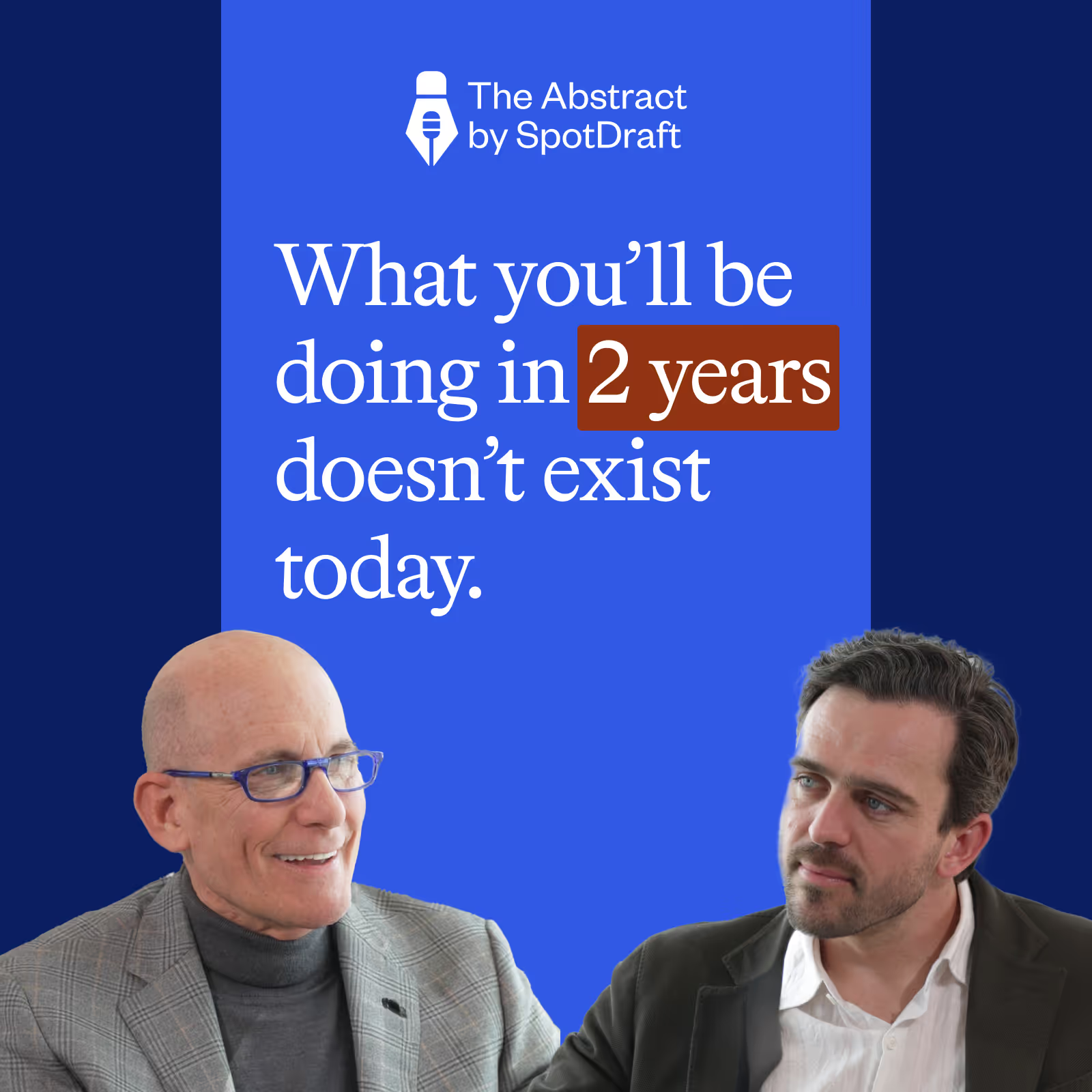
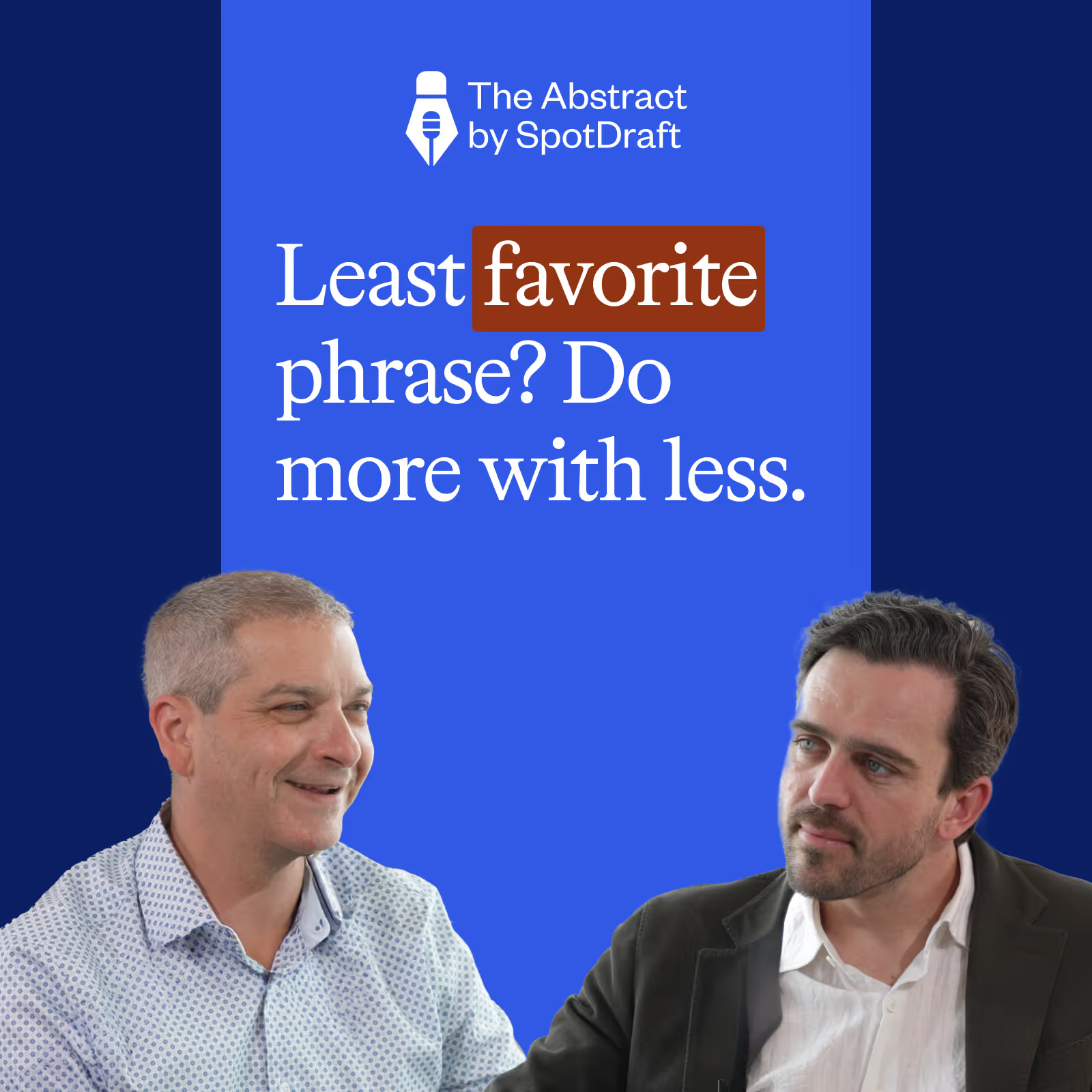

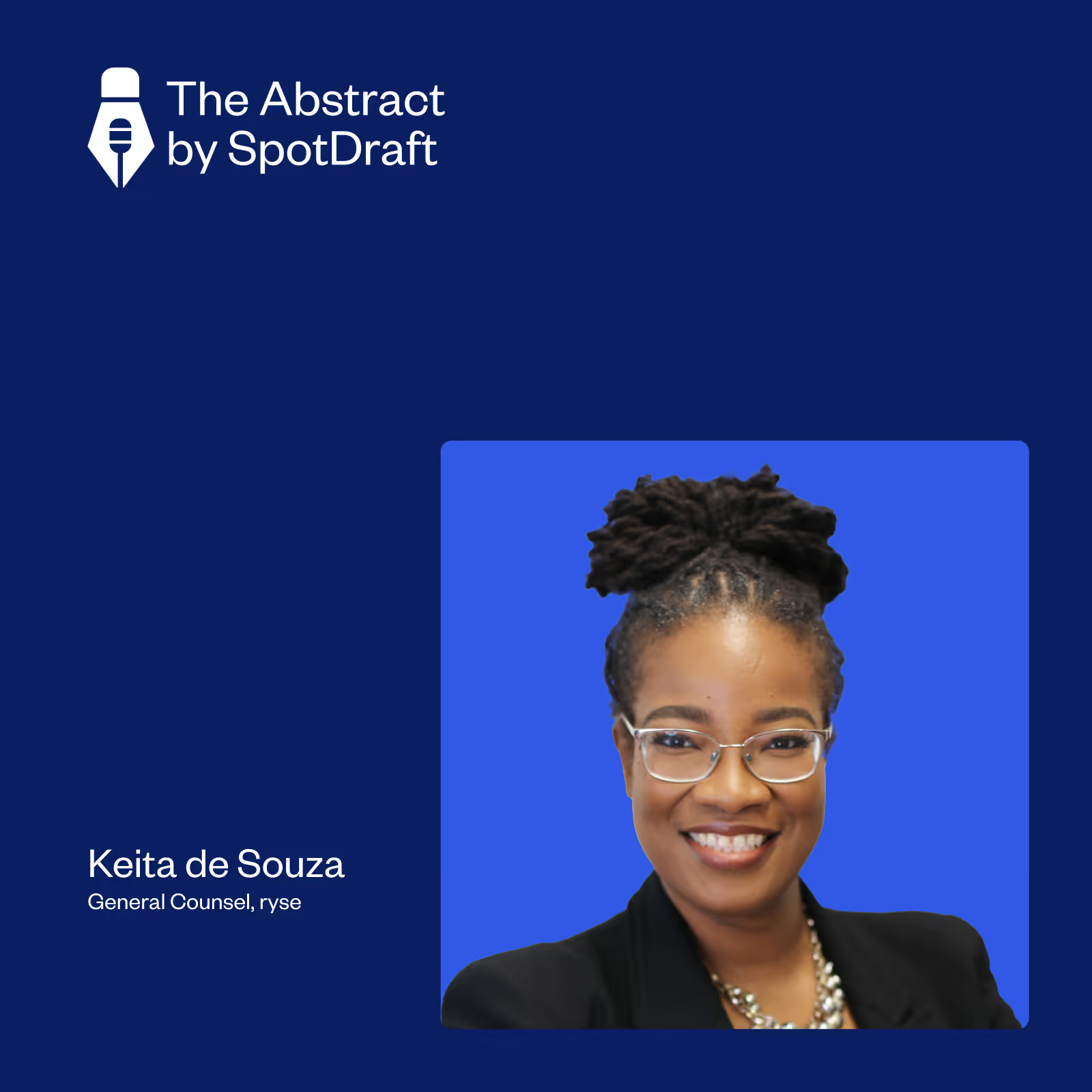
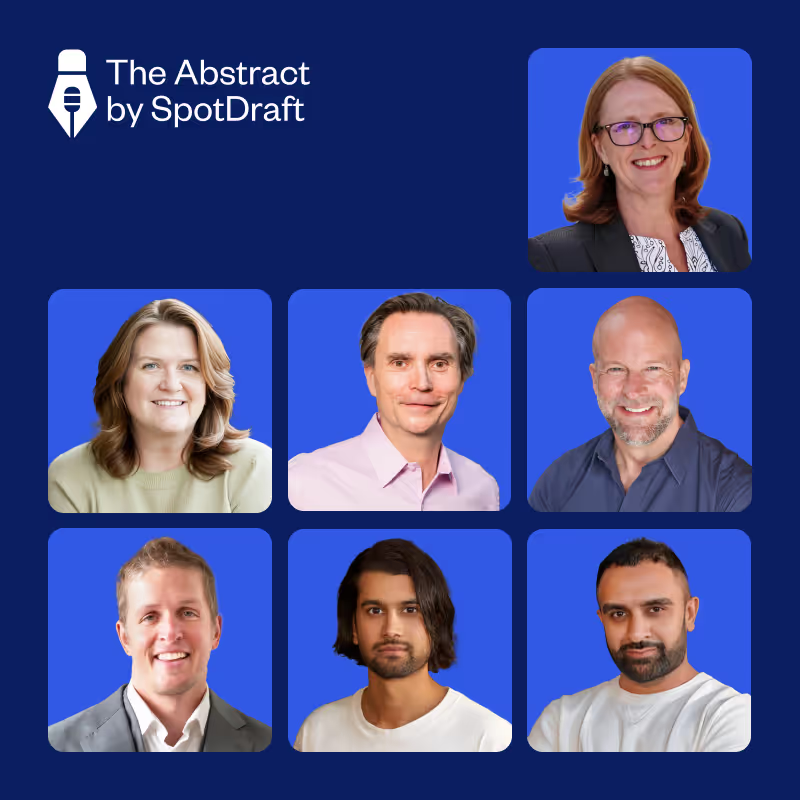



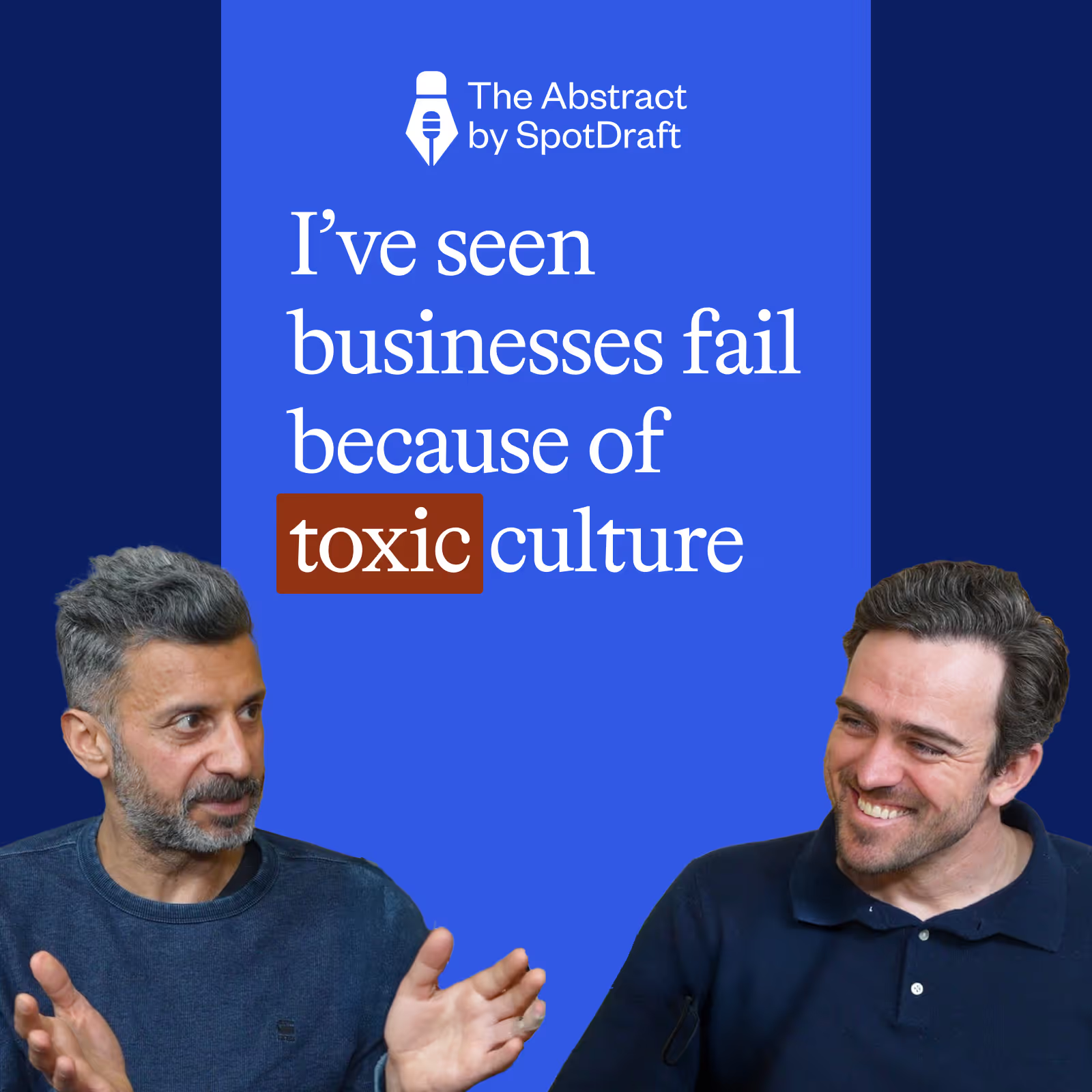

















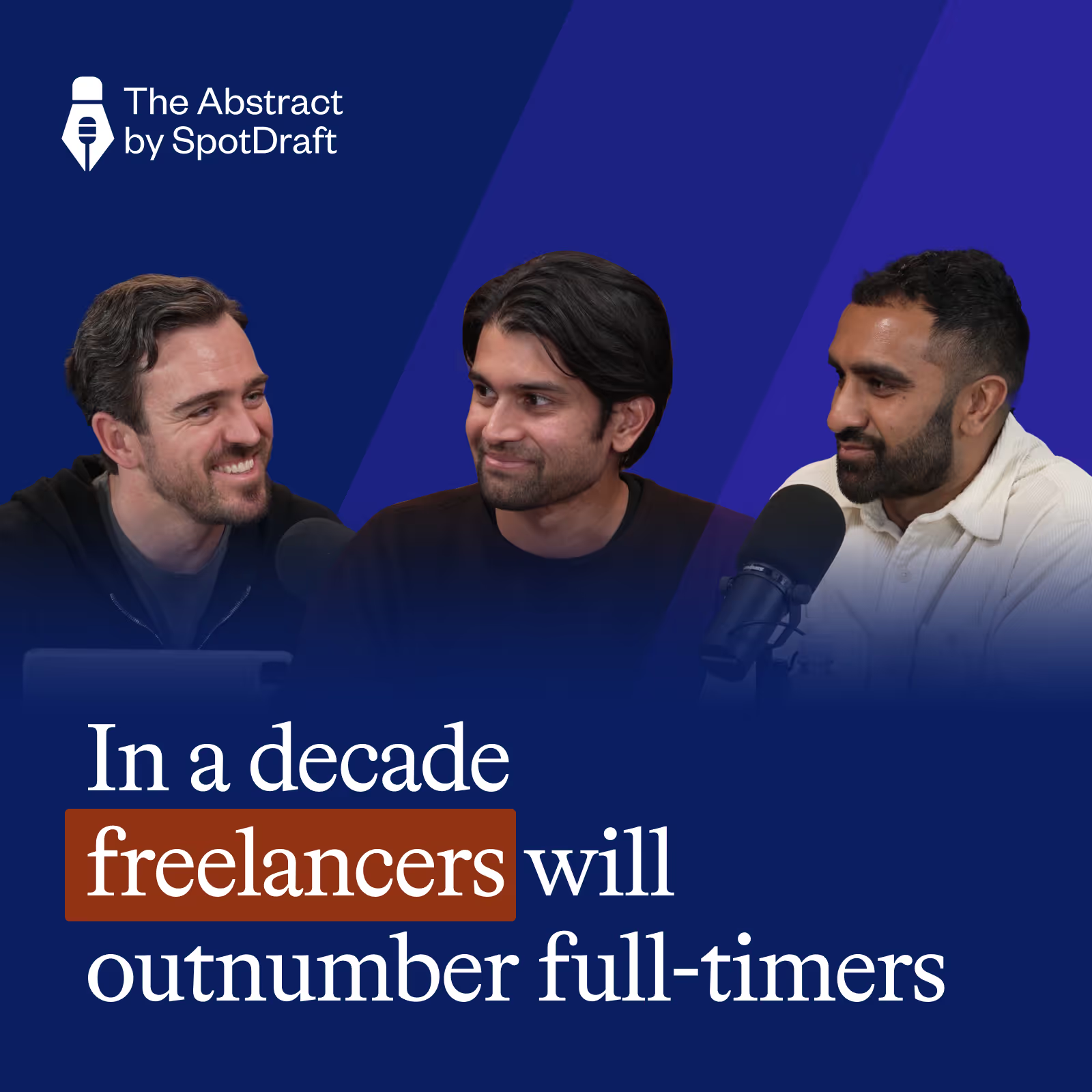











































.avif)







.avif)








